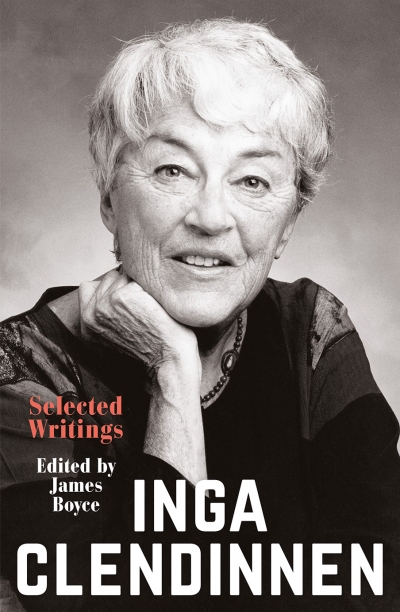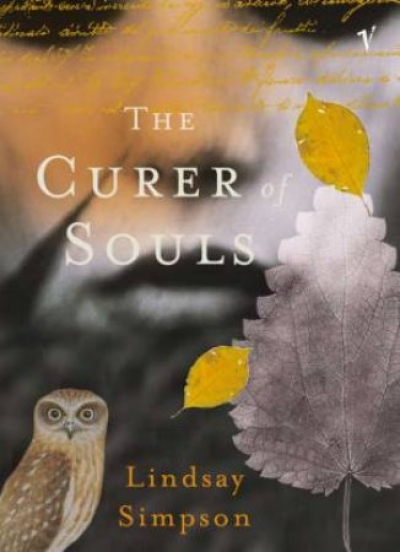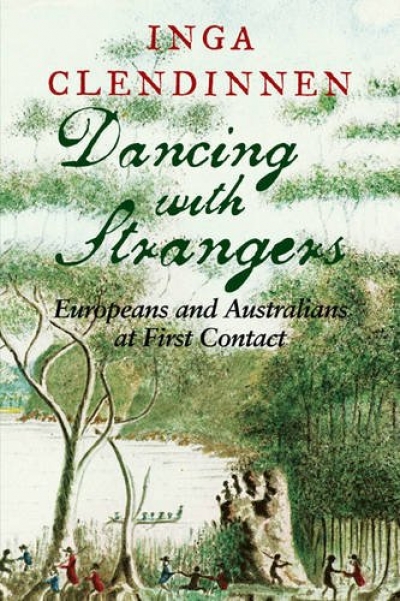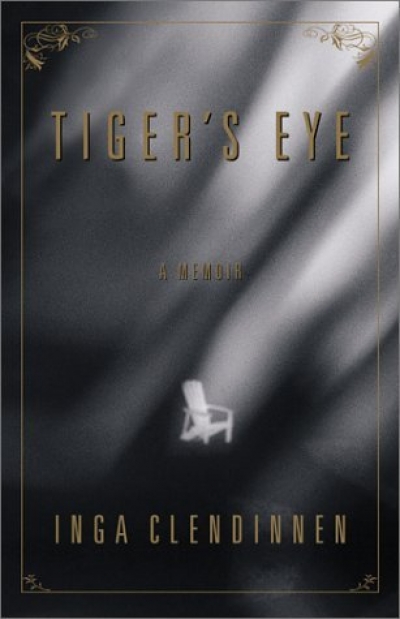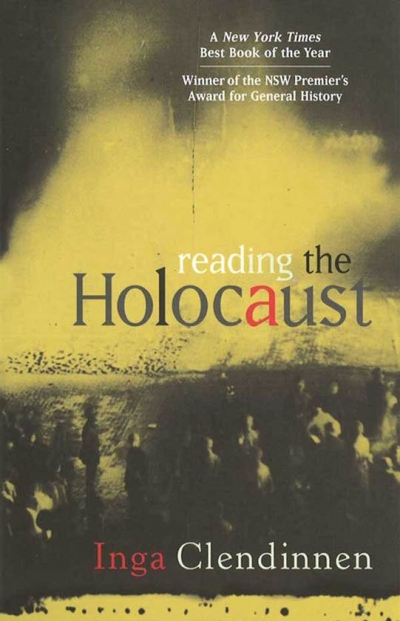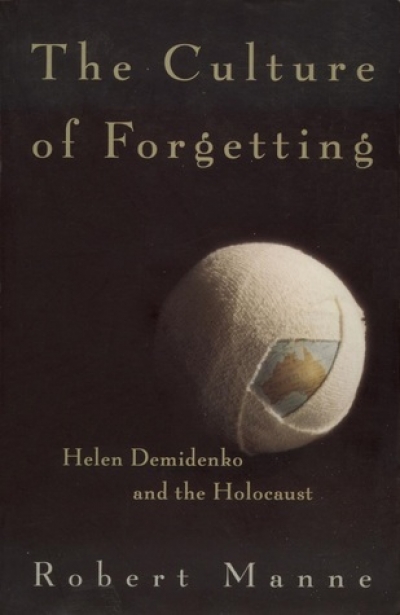Inga Clendinnen
An occasion like this teaches us that we each have our own Helen Daniel. I met my Helen nearly ten years ago, appropriately through writing. I had written a book on the Aztecs of Mexico. It was primarily an academic book, but because it was published by a university press with a branch here, and because Aztecs are Aztecs, it was widely reviewed in this country. The material was esoteric and its interpretation involved some complicated talk about theoretical issues in anthropology and history, so I was relieved when the local reviews were kind. Nevertheless, I read them with mixed feelings: how was it possible for people to understand the same printed pages so variously?
... (read more)Inga Clendinnen, who died in Melbourne on 8 September 2016, was an historian whose primary research interest was the exploration of the social conditions of extreme violence in different periods and societies. She was born Inga Vivienne Jewell, the youngest of four children, in Geelong in 1934. Her father had a cabinet and furniture workshop, the income of which he ...
News from the Editor's Desk in the October issue of Australian Book Review.
... (read more)The Holocaust is a subject which numbs the mind and petrifies the soul. This is the point at which Inga Clendinnen starts her remarkable set of essays about it. The Holocaust is a Gorgon and the only way to destroy it, Perseus-like, is to hold it’s image on the screen of the shield and stare back. The historian of The Aztecs, this remarkable woman who has always attended to the inflections of human pain, says at the outset that extreme suffering should be paid attention. She has lived in interesting times without partaking of the horror and this is her amends. This remarkable exercise in metahistory, this sustained meditation about the nature of historiography – an essay in which criticism and representation keep coming together and breaking apart – began with Clendinnen’s sense of the inadequacy of her own response to the Demidenko controversy and it ends, not inappropriately, with a discussion of the relative claims of literature and historical writing in the face of the Holocaust Medusa.
... (read more)
